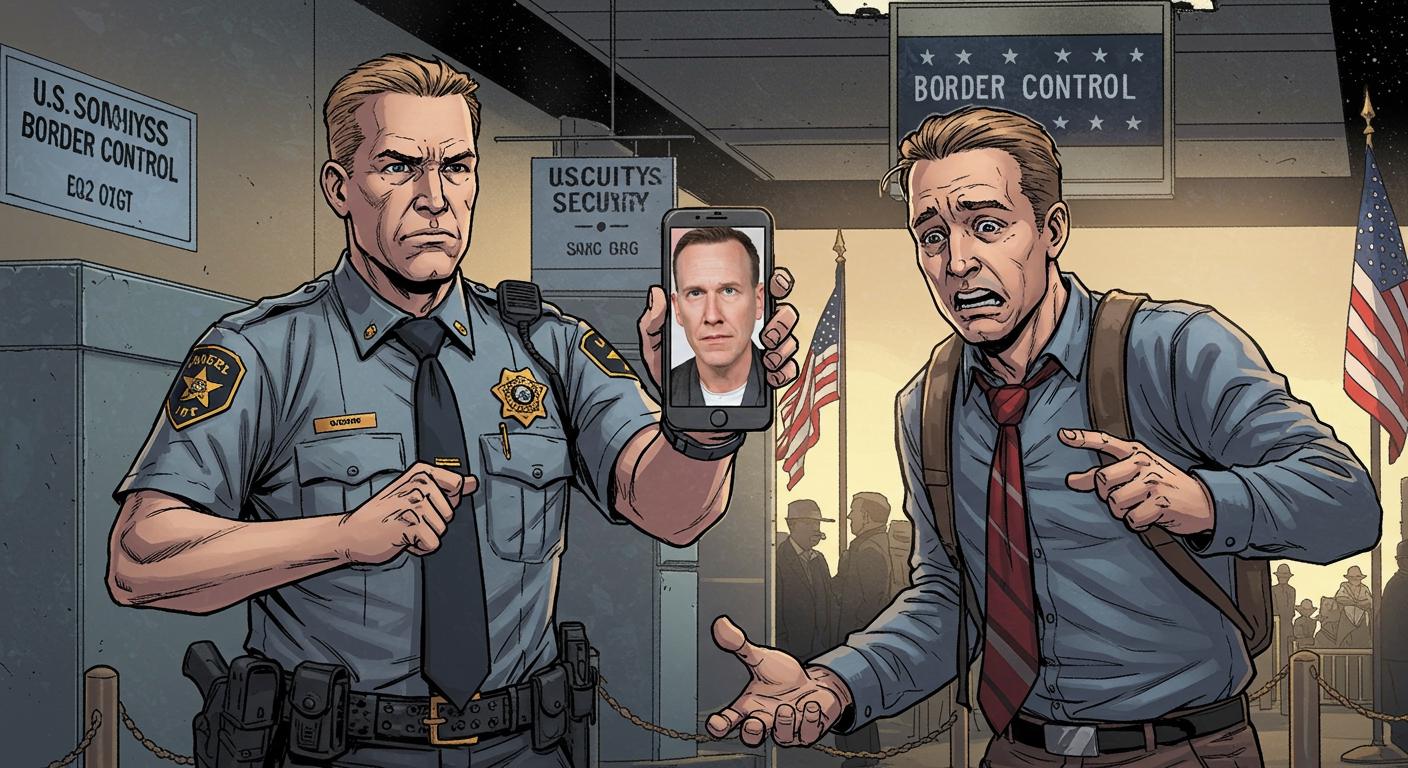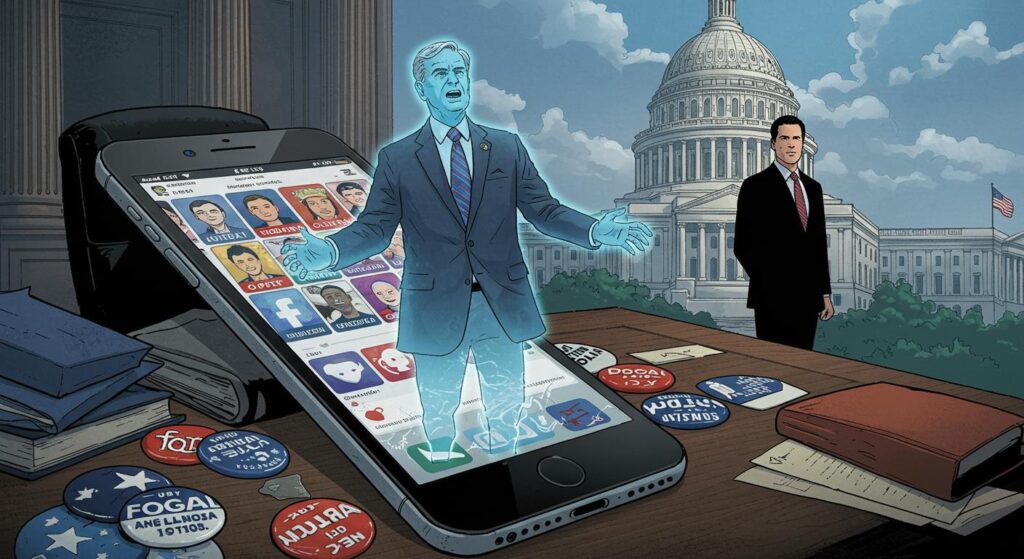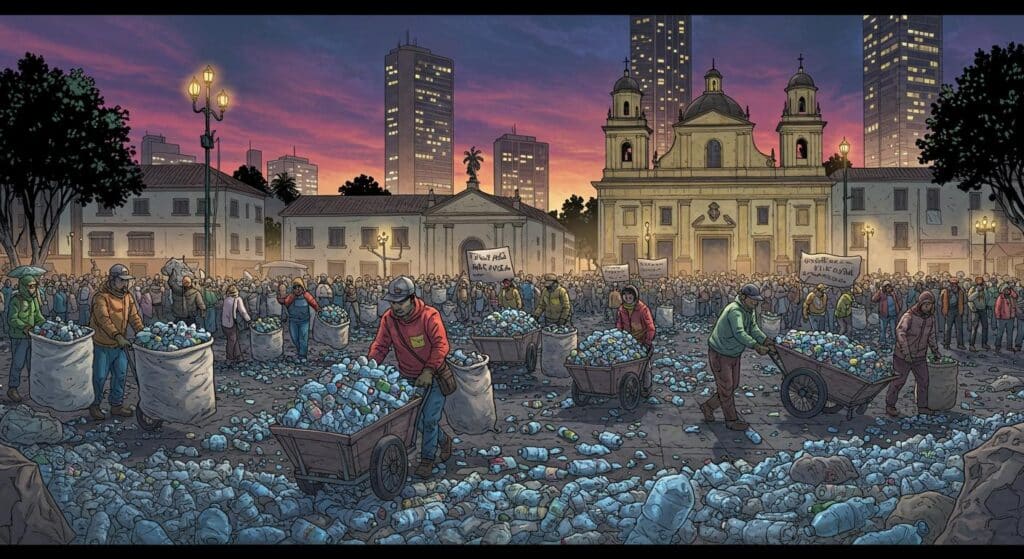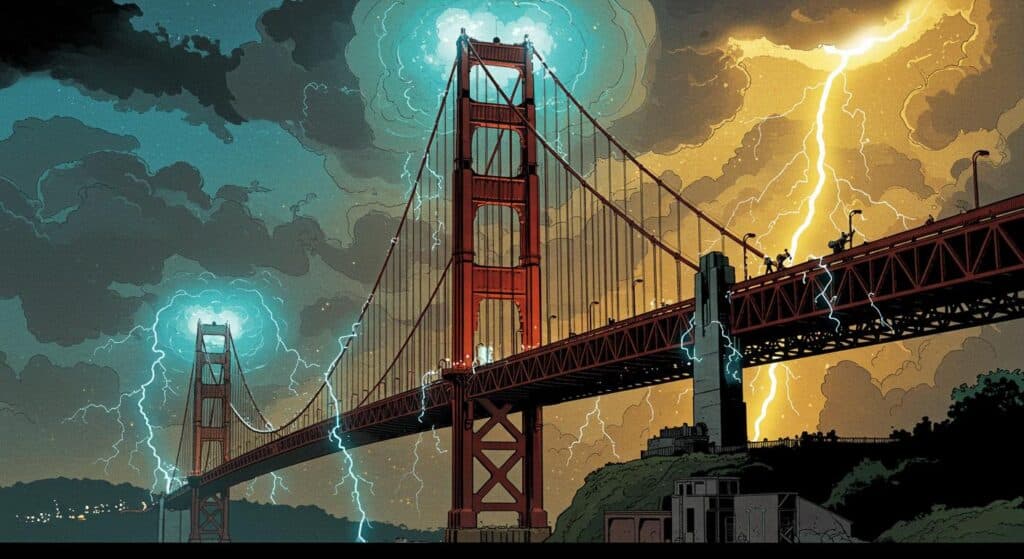A tourist dreams of a summer trip, packs his bag, hops on a plane from Norway to Newark, only to find himself in an immigration cell — all thanks to a meme. Not exactly the usual itinerary, unless your definition of sightseeing includes stark white walls and armed guards. Yet, that’s precisely the experience one 21-year-old Norwegian, Mads Mikkelsen, claims he had after presenting his phone to US border officers, who unearthed an image of Vice President JD Vance sporting a smooth, egg-like bald head. If this feels like satire, you’re not alone. But several detailed accounts, such as from Dublin Live and the Daily Mail, piece together the saga with astonishing earnestness.
Border Security Meets Meme Culture
Reports from both Dublin Live and the Daily Mail describe how Mikkelsen’s June 11 arrival at Newark Airport swiftly derailed his holiday plans. Instead of connecting with friends in New York and Austin, he was pulled aside by border agents, allegedly relieved of his shoes, phone, and backpack, then detained in a room with armed guards. This abrupt turn, according to Mikkelsen’s statements to Norwegian outlet Nordlys (quoted in both sources), centered around a routine phone search that revealed two apparently objectionable images: a meme featuring JD Vance with a bald, egg-shaped head and a photo of Mads with a wooden pipe he’d once crafted.
In a detail highlighted across both reports, officers began by grilling him about his vacation intentions and friends in the US—then escalated to questions on drug smuggling, terrorist plans, and right-wing extremism, all “completely without reason,” as Mikkelsen described it. The authorities, he claims, demanded full information on everyone he planned to meet, down to their contact details and occupations.
Once the phone came under scrutiny, Mikkelsen was confronted with an ultimatum: provide his passcode or risk a $5,000 fine or five-year prison term. The Daily Mail notes that the meme of JD Vance had been saved automatically from a chat app—a fate all too familiar to anyone with an overzealous group thread. Nevertheless, the meme and pipe photo proved dealbreakers. Mikkelsen told Nordlys (as cited by both outlets) he tried to explain, to no avail, that the images were jokes and mementos.
When Did Border Agents Become Meme Critics?
After the images were discovered, things grew more severe. Both Dublin Live and Daily Mail recount how immigration authorities denied him entry, subjected him to a strip search, fingerprinting, facial scanning, and, according to Mikkelsen’s account, a forced blood sample. He said officers behaved harshly and used physical force. He was then placed in a cell for five further hours without food or water before being sent back to Oslo that same day.
This vignette, while singular in its particulars, isn’t being reported as an isolated incident. Dublin Live draws attention to a broader trend since Trump’s return to office, noting a strenuous crackdown by U.S. Customs and Border Protection that includes searching travelers’ phones. The outlet also documents a French scientist and an Australian writer denied entry after border agents reviewed their devices or interrogated them about their political beliefs. The Daily Mail underscores this trend by referencing similar claims made by other would-be travelers in 2025.
The Norwegian Ministry of Foreign Affairs, as cited in Dublin Live, offers a pragmatic warning: entry regulations can change at short notice, and final decisions always rest with U.S. immigration at the border. Travelers have little recourse, and their home governments rarely get involved.
So what is the line here? According to Dublin Live, even the Vice President himself took part in sharing some bald-headed memes during the online meme frenzy earlier in the year, so it’s hard not to wonder whether border enforcement has turned into an inadvertent judge of viral aesthetics rather than just national security.
The Global Fine Print of Digital Life
There’s a modern lesson tucked inside this story—albeit a bleakly comic one. As travelers the world over check their luggage for banned liquids and forgotten fruit, their phone galleries may hold far riskier contraband. The days of simply packing your bag might be over; international tourists now shoulder the additional, invisible burden of curating their memes, group chat artifacts, and joke photos, or risk them being interpreted in the least generous light possible at the border.
Dublin Live makes an understated point: with border agents now poring over personal devices, what once felt like harmless humor or ephemera can become the very thing that scuttles a holiday (or more). One wonders what a border checkpoint would make of the Internet at large, or if the average American’s meme folder could withstand such official scrutiny.
For Mads, one pixelated, automatically downloaded image of a hairless American VP became the unanticipated dividing line between vacation and deportation.
Epilogue: Tourist, Meet Kafka
If the facts as reported by both Dublin Live and the Daily Mail stand, then the whole episode sits comfortably at the bizarre intersection of traveler cautionary tale and digital-era parable. It raises an awkward question about privacy, digital expression, and the bewildering reach of border agents into the messiness of our online lives. What’s the real lesson here: never save a meme, or just learn to pack for the absurd?
Absurdities of bureaucracy and digital detritus seem to have found their point of contact at the customs desk. The next time you hit “save image,” it may be wise to wonder—can your meme take the heat in a border search, or, like Mads, could your next vacation be a brisk, disorienting round trip?







